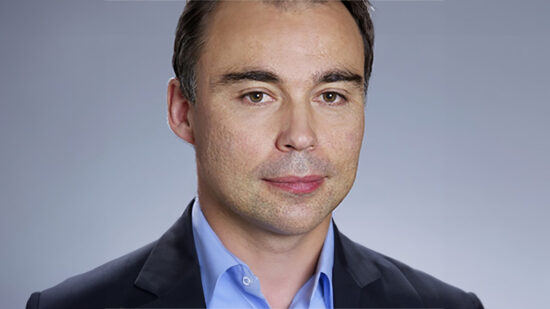Just under one-in-three clients are set to feel the burn of frozen inheritance tax (IHT) thresholds, according to research by Octopus Investments.
The survey of 208 UK financial advisers revealed that 31% of clients will suffer from it, compared to 17% being affected by the freezing of the pensions lifetime allowance, as set out in the UK spring budget.
Both will not be increased until 2026.
Most respondents (64%) said that affected clients are aware of the IHT freeze, but only 11% believed their customers fully understood how the change will impact them.
Around a third (32%) claim clients that will suffer from the threshold freeze are completely unaware of it.
In order to mitigate the current circumstances, the overwhelming majority of financial advisers (72%) said their customers need to increase lifetime gifting to avoid the 40% tax.
Another 37% anticipated a rise in the use of investments that qualify for business property relief; and 36% expect clients to use lifetime trusts.
Changes to financial planning
Nick Bird, head of strategic growth at Octopus Investments, said: “The freeze to IHT thresholds, coupled with rising property prices, means more estates than ever are likely to face an inheritance tax bill.
“The good news is there is plenty clients can do to make sure this is not the legacy they leave behind.
“Increased lifetime gifting is looks likely to be the biggest change made to financial planning following the IHT freeze announcement.
“This is an effective and relatively simple way of reducing IHT exposure, provided clients do it within good time. The potential downside is that once the money has been gifted, it’s gone.
“Now that we’re all living longer, that balance between lifetime gifting and keeping enough to feel secure in our later years has become more difficult, and that’s why lots of advisers are also considering flexible planning solutions, such as BPR, as a more flexible tool to pass money through the generations.”
LTA
When advisers were asked about the pensions lifetime allowance (LTA) freeze, 67% of those whose clients will be impacted by it said their customers are aware of the change, but only 16% actually know the impact it will have.
In light of this, half of respondents believe that clients will redirect contributions to their spouse’s pension to prevent an LTA charge.
Whereas, just under half (48%) of them would advise their customers to prioritise other long-term savings before making pension contributions, such as maximining their annual Isa allowance.
Bird added: “As pension wealth increases at a faster rate, and contributions become increasingly restricted, more people are having to organise their pension affairs to negotiate a possible LTA charge. Advisers anticipate using a range of planning options in response, including tax efficient alternatives, once pension and Isa allowances are maxed out.
“We also know that pensions are increasingly being used as an estate planning tool. That’s another reason it can be useful to have another form of income in retirement, as it means you can delay drawing down on the pension pot, which can be passed down very efficiently.”








